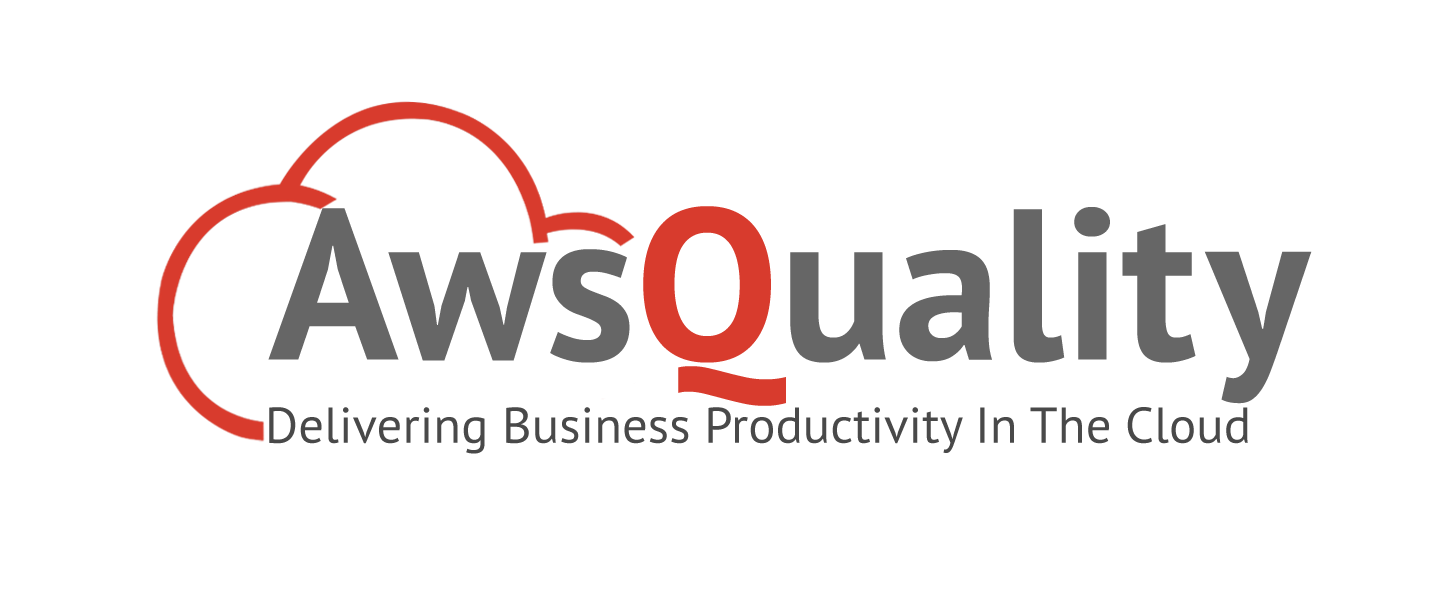
Transform Your Business with Salesforce Automation Solutions: Boost Productivity, Enhance Customer Connections, and Streamline Operations
For businesses looking to increase productivity, cut down on manual labour, and strengthen customer connections, implementing Salesforce automation through Salesforce consulting services is essential. Businesses may efficiently accomplish their sales goals, boost productivity, and optimize operations with the help of the correct Salesforce consulting partners. The sustained success of Salesforce automation solutions depends on the regular evaluation of critical metrics including customer happiness, revenue growth, and user adoption rate.
Salesforce automation is the practice of using tools and technology to improve and expedite several sales-related operations inside a company. By enhancing consumer involvement, increasing productivity, and ultimately spurring sales growth, it plays a critical role in today’s corporate environment. Now, let’s get specific:
-
Business Process Automation (BPA):
Definition: BPA is the process of automating and streamlining repetitive operations so that they don’t require human interaction. These tasks may include managing personnel and inventories, interacting with customers, closing deals, and promoting products.
Benefits:
-Time savings: Employees can focus on more strategic and creative work by automating repetitive processes.
-Error reduction: Processes become more accurate as automation reduces human errors.
-Scalability: Automation ensures that processes remain efficient even as firms expand.
-Increased productivity: Teams can accomplish more with less manual labour.
-Smooth integration: Automation technologies can easily integrate with existing workflows and platforms.
-
SalesForce Automation:
SalesForce Automation focuses solely on sales processes. Businesses can sell more rapidly due to its increased efficiency in the sales process. Sellers are guided to follow the suggested next-best steps by AI and unified consumer data.
Benefits:
-Lead management: SalesForce Automation makes it easier to track, follow up, and report on leads.
-Efficiency in pricing, quoting, and configuration is enhanced by automation.
-Shortened sales cycle: SalesForce Automation speeds up the sales cycle, resulting in quicker closures.
-Reduced time spent on sales administration: Automation reduces administrative burdens.
-
Automation of Sales:
Definition: Sales automation improves productivity, customer engagement, and sales efficiency. Any company that utilizes sales processes will benefit from it.
Utilization:
–Distribution: Manage inventories, track the flow of goods, and automatically generate shipping routes.
–Logistics: Automate labelling, inventory control, and notifications for low-stock items.
Salesforce automation solution is critical because it enables companies to run more effectively, use less manual labour, and improve customer relations. In today’s fast-paced business world, adopting automation can provide you a competitive advantage whether you’re the founder of a small firm or a huge organization.
A few successful installations and instances of Salesforce automation:
-
Bank Kotak Mahindra:
Kotak Mahindra Bank utilized Salesforce to enable unified, omni-channel customer experiences. They increased overall productivity, expanded customer interaction, and simplified operations by implementing automation.
Key Takeaway:
Kotak Mahindra Bank was able to provide outstanding customer service through Salesforce automation.
-
Pidilite:
To strengthen relationships with contractors and consumers, Pidilite, a well-known glue manufacturer, implemented powerful Salesforce tools. Automation was essential to better manage interactions and build stronger connections.
Principal Learning Outcome:
Collaboration and communication were enhanced through Salesforce automation.
-
Jaipur Rugs:
Jaipur Rugs, a global manufacturer of handcrafted rugs, used Salesforce automation to add efficiency to their sales and support processes. They improved performance by automating reporting, lead management, and customer interactions.
Principal Learning Outcome:
Automation increased sales effectiveness and streamlined processes.
-
George Mason University:
By employing automation, George Mason University increased enrollment and student satisfaction. The redesigned student experience resulted in a 9% increase in applications to secondary schools.
Key Takeaway:
Automation boosted enrollment and student engagement.
It’s important to remember that the implementation of Salesforce automation varies depending on the specific needs of each company. These examples demonstrate how automation can improve customer relations, streamline operations, and help businesses achieve their objectives.
How can I gauge the impact Salesforce automation is having on my company?
To ensure that your investment in this powerful CRM platform yields the expected returns and advances your company, measuring the impact of Salesforce automation is crucial. Let’s examine some key indicators and methods for evaluating the effectiveness of Salesforce automation:
-
User Adoption Rate:
How effectively your team uses Salesforce is one of the most important measures of success. High rates of user adoption indicate that your staff members value and find the system easy to use.
-
Sales Growth:
Streamlining sales processes and increasing revenue are the primary goals of Salesforce automation. Analyze the impact by monitoring changes in contract closures, overall revenue growth, and sales performance.
-
Customer Satisfaction:
More effective and personalized interactions made possible by Salesforce often result in higher customer satisfaction. Track customer feedback, response times, and overall satisfaction levels.
-
Time Saved:
Calculate the amount of time automation has saved you. Determine the amount of human labour that has been replaced by automated processes. To gauge the overall impact, multiply this by the frequency with which the process is carried out.
-
Error Reduction:
Monitor the decrease in errors or inconsistent data. Reduced errors lead to more efficient operations and improved customer satisfaction.
-
Efficiency:
Calculate improvements in efficiency for specific processes. For example, the speed at which leads are converted, the ease with which customer service issues are resolved, etc.
-
Cost Savings:
Assess the financial benefits of fewer errors, less manual labour, and more efficient workflows. Consider both direct savings (such as labour costs) and indirect savings (such as increased customer retention).
Remember that every company has different metrics depending on its goals and operations. Ensure that your company continues to benefit from Salesforce automation by periodically reviewing these indicators.
In Conclusion,
Salesforce automation solutions improves customer connections, increases productivity, and streamlines company procedures. It is backed by Salesforce consulting services and partners like AwsQuality Technologies. Businesses may improve productivity, spur growth, and streamline sales operations with Salesforce Automation and Business Process Automation (BPA). The impact of Salesforce automation on your business can be assessed by looking at user adoption, sales growth, customer happiness, time saved, mistake reduction, efficiency, and cost savings.




